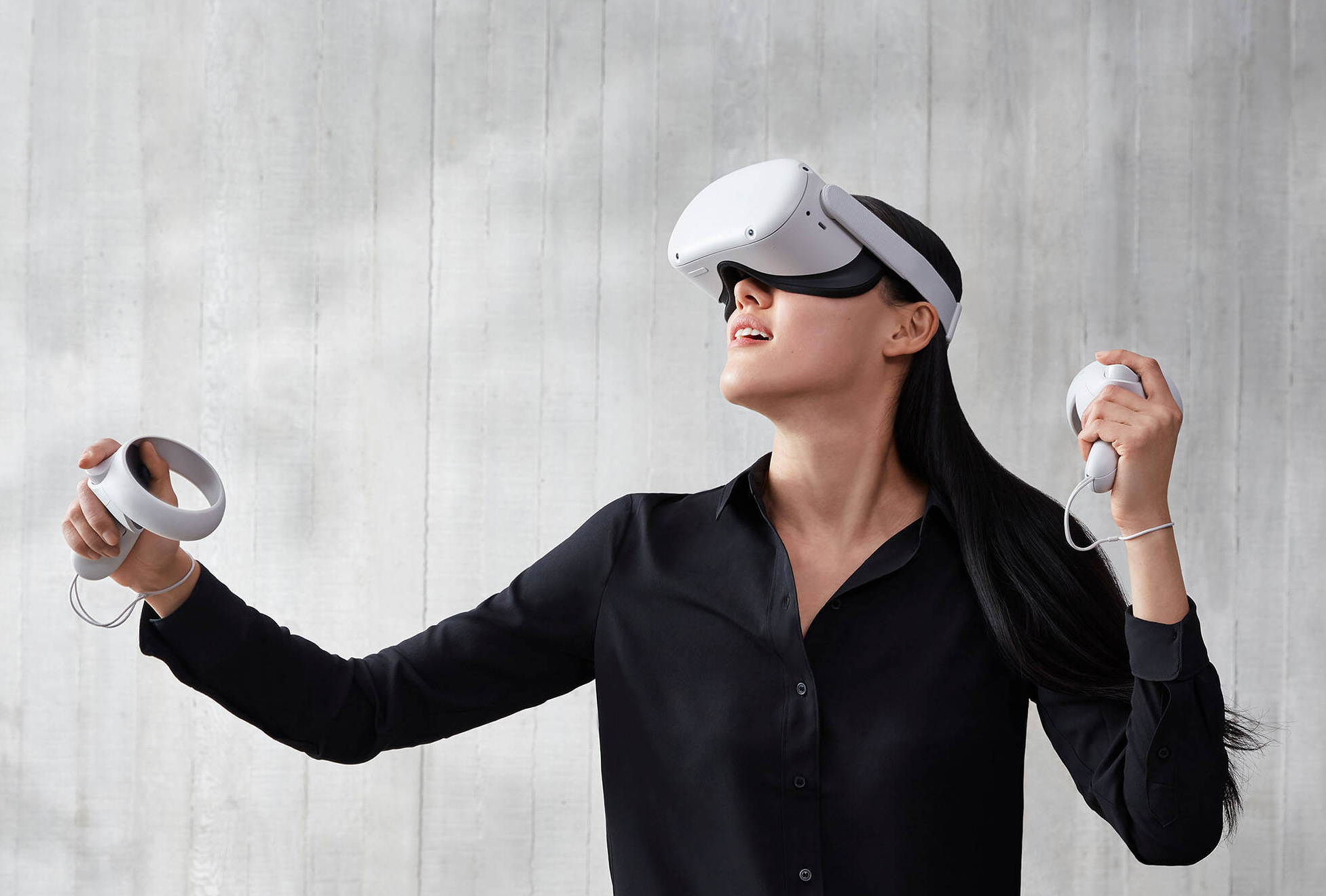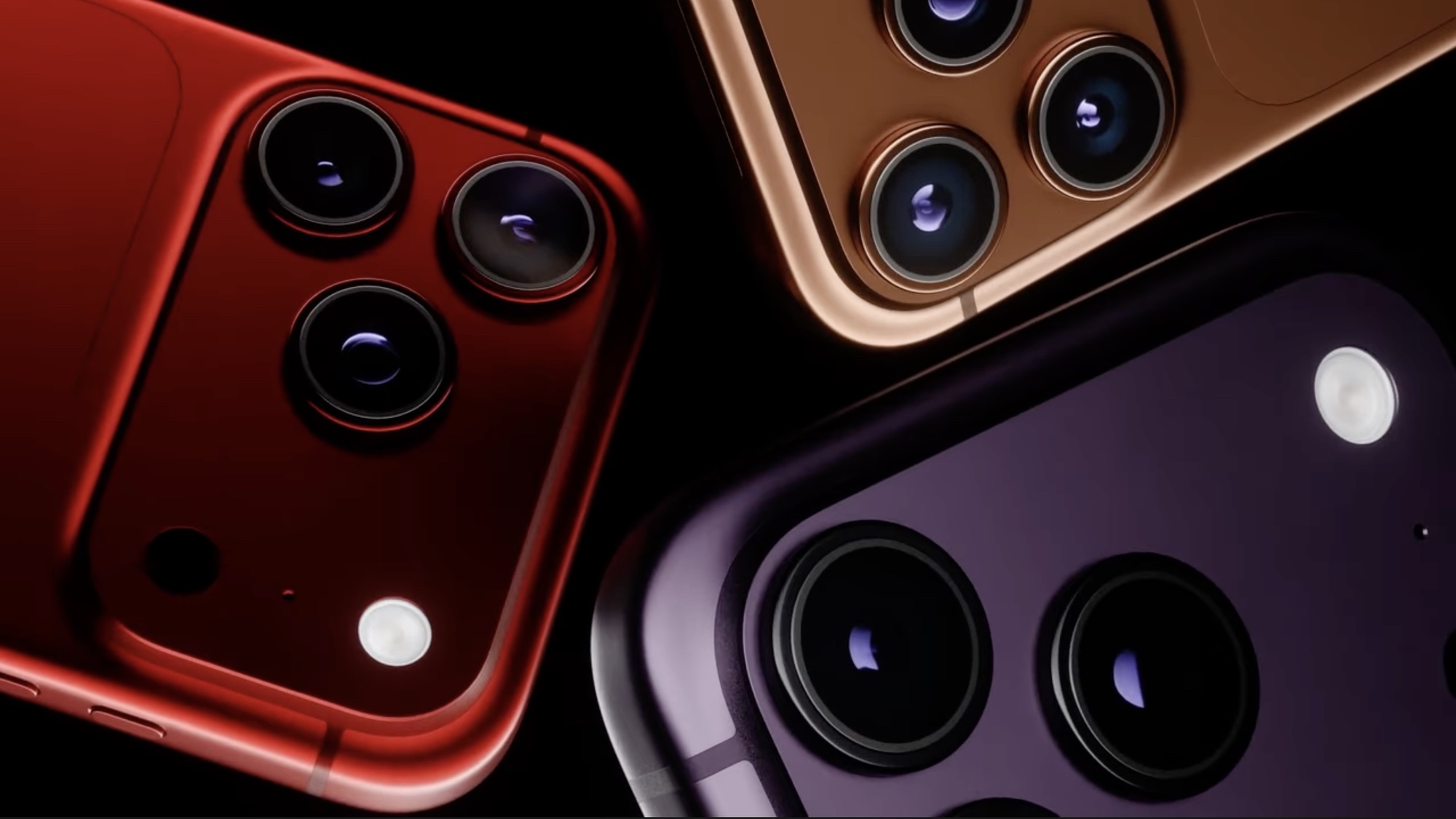Oculus Quest 2 body tracking support just leaked — here's what we know
Body tracking could be coming to the Oculus Quest experience

Update: The latest Oculus Quest 2 update now puts multitasking front and center, and allows for the sharing of links between headsets and iOS devices.
The Oculus Quest 2 could soon offer body tracking support, making the best VR headset on the market that much more immersive. A new SDK appears to give developers the option to work with body tracking, in addition to the hand and head tracking tools already available for the second-gen Oculus — err, Meta? — Quest.
In alleged SDK screenshots shared by UploadVR, there is now a menu option for Body Tracking Support among other developer features. According to UploadVR, the screenshot came directly from one of Meta’s developer web pages for Oculus Quest 2 titled, “Getting Started with the Physical Tracked Keyboard SDK.”
If you know how to set up and use your Oculus Quest 2, you know there’s no such body tracking features beyond head and hand movements even with the device’s camera array. Oculus Quest hand tracking was added to the first-generation headset in 2019, while head tracking is an integral part of any VR experience.
At the time of this writing we don’t see the Body Tracking Support field in the actual page’s corresponding image. It’s possible the image was changed since UploadVR first spotted the unannounced Oculus Quest 2 feature. Meta has also not publicly alluded to body tracking for any Oculus Quest headset at any point, as far as we know.
That’s not to say the company has stayed quiet about its VR ambitions. In an interview with The Information last year, Meta CEO Mark Zuckerberg said one thing he’s “excited about for future versions” is face and eye tracking. Tracking facial features could help animate realistic avatars, making social interactions in the VR space more lifelike.
It was unclear whether Zuckerberg meant to suggest further tracking features are planned for the rumored Oculus Quest 3 or will be exclusive to the mysterious Project Cambria (which could also be called Oculus Quest Pro.) Project Cambria, a high-end machine believed to be launching sometime later this year, should be able to “reflect your facial expressions in real time,” said Angela Chang, head of VR devices at Meta.
Get instant access to breaking news, the hottest reviews, great deals and helpful tips.
Chang and Zuckerberg spoke about Project Cambria during a teaser event in 2021. At the time, both discussed the possibilities of AR support, proposing a highly-immersive, mixed-reality Meta realm.
Body Tracking Support would seem to complement the company’s ambitions. The most obvious application is to incorporate body tracking to the best Oculus Quest 2 games or overall best VR games. Imagine being able to move your leg to kick a soccer ball in a virtual World Cup tournament, for example.
I guess body tracking could be enforced in the virtual workspace that Meta keeps trying to make happen, but I don’t see as much fun in that. Regardless of how (or if) Meta plans to roll out Oculus Quest 2 body tracking, it sounds like it could be an advantage the company holds over Apple AR/VR headset, whenever it's revealed.

Kate Kozuch is the managing editor of social and video at Tom’s Guide. She writes about smartwatches, TVs, audio devices, and some cooking appliances, too. Kate appears on Fox News to talk tech trends and runs the Tom's Guide TikTok account, which you should be following if you don't already. When she’s not filming tech videos, you can find her taking up a new sport, mastering the NYT Crossword or channeling her inner celebrity chef.
 Club Benefits
Club Benefits





